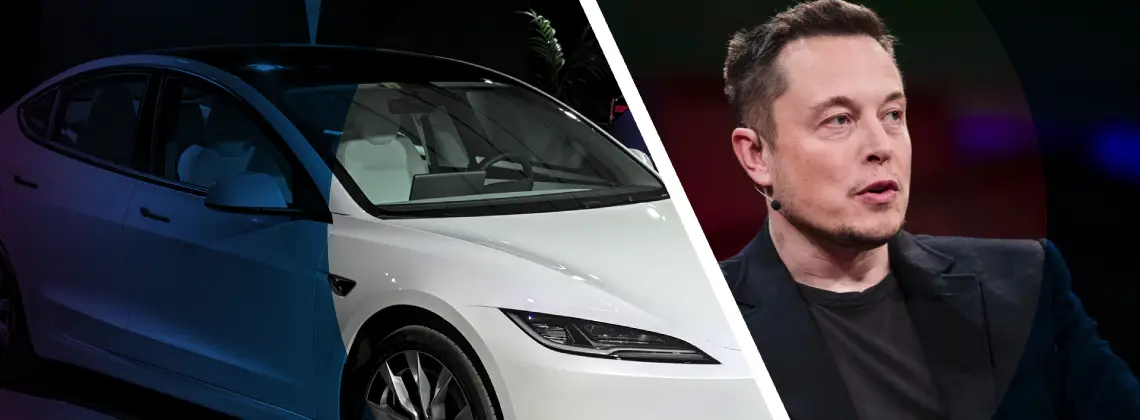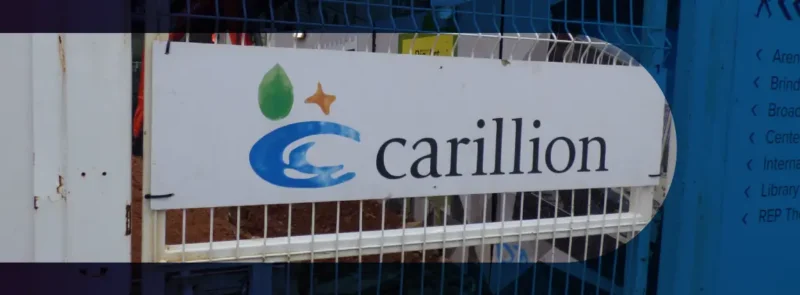News analysis
What’s going on with Musk and his Tesla pay package

What’s going on with Musk and his Tesla pay package? One of the biggest corporate governance stories this year comes to a head tomorrow.
Tesla shareholders will hold a momentous vote on 6th November, on a pivotal decision of whether or not to approve an astronomical pay package for CEO Elon Musk.
Across the business world, the proposal has been completely on-brand for Musk. Much like his personal comments, managerial style, and political involvement, this proposed pay package is a polarising idea, generating both intense criticism and stiff defence.
In the midst of all that, Tesla’s future with Musk will boil down to a single vote with long-lasting ramifications. Supporters, and Musk himself, are banking everything on Musk’s business accomplishments and his bold promises for the future. The message is simple: rejecting the pay package will mean those promises fade away fast.
What’s going on with Musk and his Tesla pay package: How did we get here?
- The proposed pay package is commonly said to be worth up to $1 trillion. After deducting costs, the value is estimated to be closer to $878 billion.
- The package is centred around targets to be achieved over the next ten years, mainly related to Tesla’s core goals to become the dominant player in self-driving cars and humanoid robotics.
- If Musk reaches all the goals, the package would award him voting control of over 29% of Tesla shares.
- According to corporate governance experts, Musk could still walk away with a portion of shares and voting power even if he falls short of the targets.
- A previous, smaller pay package plan was rejected by a court in Delaware, where Tesla was previously incorporated, primarily on conflict-of-interest grounds. Tesla is now incorporated in Texas.
The case for the payout
This pay package story has dominated corporate governance news because of its scale and, of course, Musk’s personal and financial profile. He’s the wealthiest person in the world, and he leads household-name social media, vehicle, robotics and AI companies, and he was a key figure in the early days of Donald Trump’s second US presidency before their very public fallout.
During his time working for Trump, Tesla’s traditional electric vehicle products ran into issues with increased competition and increased PR backlash. Now, having returned to focus on business, Musk is laser-focused on making the company a leader in self-driving vehicles and robotics. The pay package sets that in stone.
Proponents for the deal include a unanimous thumbs-up from Tesla’s board – chaired by Robyn Denholm – and some institutional investors.
Their arguments centre on Musk and his status in their eyes as a visionary leader.
- They praise his tenure with Tesla so far and express confidence in his aggressive business approach, claiming it’s what’s needed to restructure Tesla for a new business era.
- They argue that without the pay deal, Musk may walk. This is the most crucial point. Experts say Tesla’s current value doesn’t reflect its current lagging performance in the electric car industry. Rather, it reflects Musk’s vision for the company’s future. Without Musk, the board says, Tesla’s value will decrease dramatically.
- They defend the pay package, arguing that it is entirely conditional and reflective of investors’ main concerns.
The case against the payout
While owning smaller stakes in the company, prominent institutional investors like Norway’s sovereign wealth fund and California Public Employees’ Retirement System (CalPERS) have come out against the deal and urged a no-vote among other investors.
Their concerns reflect broader criticisms of the deal that have been circling among investors and governance commentators for months. Much of it centres on the nervousness around the idea that Musk is the one and only, the key person without whom Tesla can’t hope for success.
They argue:
- He would enjoy much greater control over the company’s strategy, potentially eroding the power of dissenting voices among Tesla’s leadership. In a boardroom context, this creates risk of groupthink and missed opportunities.
- He would also further tie Tesla to his personal brand, relationships, and interests worldwide, whether they’re good or bad for Tesla’s business image.
- Such overt support would cement his reputation as the irreplaceable leader at the company’s helm. This has good and bad angles to it, because it could bring the exact success that Tesla is looking for, but it could also make the succession planning task impossible because, whether he leaves tomorrow or after decades, he has to be replaceable for Tesla to function long-term.
In summary
Supporters of the deal argue Musk is the cornerstone solution for Tesla’s future. Opponents argue that such a dynamic goes against fundamental rules of governance.
With such attention and financial future direction depending on this one vote, there is ultimately risk either way. Rejecting the deal might well drive Musk out, and Tesla’s value down. Approving it may contribute to long-term risk to governance capabilities.
Let’s see what happens.
Governance matters
Free leadership insights weekly




